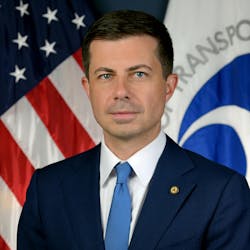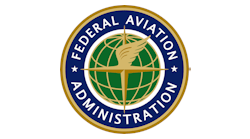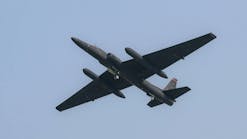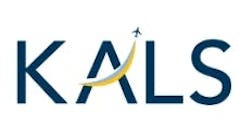The Biden-Harris Administration on March 11 released the President’s Budget for Fiscal Year 2025, which requests $109.3 billion for the U.S. Department of Transportation (DOT).
The DOT budget request, according to March 11 statement issued by U.S. Transportation Secretary Pete Buttigieg, requires "private jet users to pay their fair share into our aviation operations."
Buttigieg comments further on the budget, which he says will "crack down on a corporate jet funding loophole:"
"The President’s Budget takes a critical step toward stabilizing funding for the National Airspace, which has largely been disproportionately funded by commercial air passengers. Commercial passengers pay a 7.5% tax on the prices of their tickets plus a passenger facility charge up to $4.50. Meanwhile private jets users only pay fuel surcharge taxes — roughly $0.22 per gallon of jet fuel. Private jets are 7% of flights handled by the FAA but contribute just 0.6% of the taxes that make up the Airport and Airway Trust Fund. The President’s FY2025 Budget proposes a phased-in fuel fee increase to $1.06 per gallon for private jets. This increase would phase in over five years, the first update in decades."
The National Business Aviation Association (NBAA) on March 7 responded to tax proposals for business aviation referenced in President Biden’s State of the Union speech.
“Of course, every American business should pay the taxes they owe, but President Biden has unfairly chosen to target those who use business aviation, even though the vast majority of flights are taken by U.S. companies to help them compete effectively in a global marketplace,” NBAA President and CEO Ed Bolen said.
“Business aviation allows companies to optimize efficiency, productivity and flexibility and access hard-to-reach communities across the country with little or no airline service. That’s why the president’s own Cabinet members sometimes use business aircraft to do their jobs and visit with people in towns and cities across the nation.”
Bolen continued: “The IRS has not identified a compliance gap in business aviation, which in fact is an industry that supports 1.2 million jobs and contributes $250 billion to the nation’s economy.”
Also Read NBAA Questions Sweeping IRS Plan to Audit Business Aircraft Use
Most business aviation aircraft use is for business purposes, Bolen added. According to independent studies, the majority of business aviation flights carry mid-level personnel, including technical and engineering staff and managers, as well as company clients and customers. Most organizations using business aviation are small or medium-sized businesses.
Companies that use business aviation are expected to operate in full compliance with tax laws and applicable Securities and Exchange Commission rules. NBAA organizes tax seminars twice-yearly to educate members on compliance.
“Business aviation is an industry that is essential to America’s economy and transportation system,” Bolen said. “It supports jobs, connects communities, helps companies succeed and provides humanitarian lift in times of crisis. This is an industry that should be promoted, not pilloried.”
Also Read FAA: 2025 Budget Proposal Invests in Aviation Safety
After Biden-Harris Administration on March 11 released the President’s Budget for Fiscal Year 2025, NBAA expressed deep concern, saying the request includes multiple proposals that would be harmful to an essential American industry.
“The Biden administration’s sweeping plan would hurt business aviation and the jobs and communities that depend on it, and make it harder for U.S. companies to compete in a global economy,” Bolen said. “Among the proposals that single out business aviation for onerous treatment is a five-fold fuel tax increase, even though current fuel taxes already cover the incremental cost imposed on the aviation system. We urge Congress to tell the president that his gambit won’t fly with the citizens, companies and communities that rely on business aviation.”
NBAA says business aircraft are used to optimize efficiency, productivity and flexibility, mostly by small and mid-sized companies, and sometimes by the president’s own cabinet members.
According to independent studies, the majority of business aviation flights carry mid-level personnel – like technical and engineering staff and managers, as well as company clients and customers – largely to small towns and communities with little or no airline service.
The administration’s budget proposal reflects comments made by President Biden in his March 7 State of the Union speech, which echoed policy statements issued just hours before his remarks. Just a few days ahead of the speech, Biden’s IRS chief unveiled a plan to audit companies using business aircraft.






